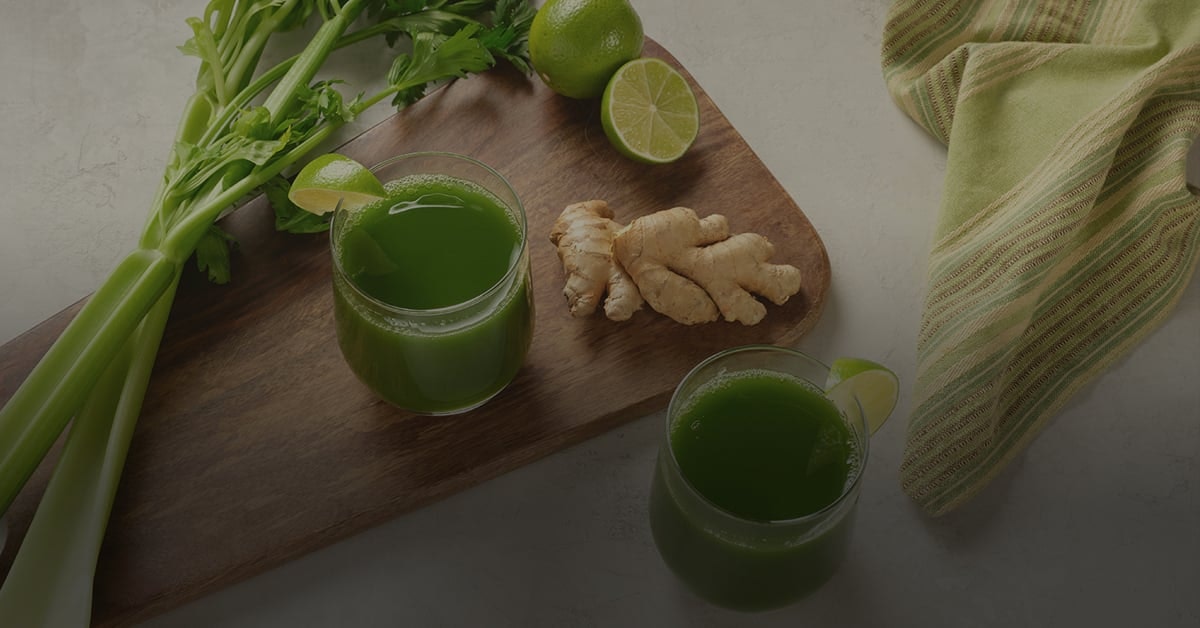Possibly the most frequent type of question we see on the Goodnature Juicing Facebook group from juice business owners is "where do you buy X". Where "X" can be anything from organic apples to glass juice bottles. As a business, you should be trying to find local distributors for most of the items you need. Here are some tips to finding distributors and how to think about the relationship with them.
Finding Distributors
Assuming we are talking about standard restaurant items, (fresh produce, napkins and forks, coffee beans, etc.), there are going to be several options to choose from in your area unless you are in a very secluded location.
The "Big Guy"
There are some large distributors that have national footprints and carry almost everything you might need. A popular national one for juice bars is UNFI (United Natural Foods, Inc.), as they will carry a lot of the organic and more natural items needed. There are other popular ones like US Foods and Sysco who have a delivery footprint of basically everywhere.
These national broadline distributors are great because they can drop off a whole range of different items to you daily, as needed. The downside with these national companies is that they tend to require large minimum orders, and often don't carry small local brands of goods that you might want to stock in your juice bar.
The "Local Guy"
You can also usually find local distributors that carry more of the niche local brands, local organic produce, and other specialty items. The local distributors usually have lower minimum orders and may work harder to earn your business than the national brands.
Online Marketplaces
Online retailers are a great option if you don't have a good local distributor, or if you are sourcing specialty items. Online retailers like webstaurantstore.com will carry a wide array of items, like rubber gloves and napkins, and specialty retailers like Goodnature Marketplace will carry unique, high quality products specific for juice bars, like the highest quality spirulina and bulk almond butter.
Using a Combination of Sources
Most juice bars use a combination of the above options. You can support the local guy as much as you can, and fall back to the national distributor when needed. Supplement your offerings with specialty items ordered direct online.
Using an Order Guide
Once you place an order with your new distributor, ask them for an order guide. Most of them will supply you with a specific list of all the items ordered in a spreadsheet so you can easily place a new order next time using the guide. It's important to learn what your par values are, in other words - what is the minimum amount of each item you want to have on hand on a daily basis? Once an item falls below par level, you know you need to order more.
Pro Tip from Chef Ari: Don't allow the distributor to put any items on "auto order", it's important to do manual inventory every single time you place an order. Go through your inventory with your order guide and count everything and order only exactly what you need.
This topic is covered in depth in Chef Ari's new Juice Bar Master Class, available now as part of the Goodnature School of Juice. Use coupon code GNBLOG for $100 off any course:

How Much Does it Cost to Buy Produce From a Distributor?
Produce distributors tend to work on pretty thin margins - meaning they aren't marking up the produce a ton. Their business model is based more on deliveries, and having hundreds or thousands of customers purchase week after week after week, forever. So, you can assume you will get good prices on produce. You may pay more if you insist on organic or insist on locally sourced, etc. You can expect to pay a flat rate for a drop off (e.g. $450), then everything you source from them will be priced pretty low, almost at cost.
How much exactly it costs all depends on what you're ordering, where you're located, and how much you're buying.
Getting discounted goods
Once you find a good distributor that you trust, start asking about discounts. Here are a couple tips for getting discounts:
- Wasted products
One of the best ways to get goods on the cheap is to ask if they have any items they are going to throw away that you might be able to purchase. A great example of an item like this for juice bars is kale stems. Many restaurants in your area will buy the leafy part of kale, so the distributors are left with a massive amount of stems they have to discard. You can buy these for pennies and use them in your juices. - Seasonal and surplus items
Regularly ask your distributor if there are any seasonal items that they have an abundance of on sale. For example, although you've been requesting a certain type of apple, they might have a surplus of another type of apple at the moment that is very similar. Or maybe it's an item that you don't currently use that you could design a new seasonal recipe around.
Interested in learning more? Check out this recent episode of Goodnature Radio podcast:
Goodnature Radio: Sourcing Produce
Value Added Services
When thinking about distributors, remember what their business model is: They are logistics companies. Your distributor wants as many stops on their truck route as possible to drop things off. They don't make much profit on the items themselves, they are mostly charging for delivery. Many of them are willing to fulfill special requests if that's what it takes to get you on their route and keep you happy. Here are some examples of things you can request:
- Fruit of a certain ripeness or sweetness.
Did you know you can actually measure sweetness of fruit using a refractometer? That's right - squeeze some juice onto a refractometer and you can measure the "brix" of sweetness. Once you know what you want, you may be able to request apples with a certain brix level from your distributor, so you don't get any surprises with sour apples in your juice. - Produce prepped a certain way
Restaurants do this all the time. You can request to have things washed, peeled, chopped, or otherwise prepared. They will charge you for it, but it might be more cost effective than paying your own employees. - Produce weighed and batched
To take it even a step further, you can even request that they deliver, for example, 10lb batches of a certain juice recipe prepped and ready to be juiced. Again, they will charge for this if they can do it, but depending on kitchen space and labor available to you, it might be worth it.
Quality Control Tips
Once you find a distributor and start taking delivery of items, you will want to have a QC policy in place. Many people don't know that you can request the truck wait for you to do QC before they leave, so you can reject any items that don't match the order requirements. Here are some tips for QC:
- If buying cases of produce, do random sample checks of items in the case. For example, grab an apple from the middle of a case of apples, one from the bottom, and one from the top. Distributors are known to do things like put the rotten apples in the middle of the case hoping you won't notice at drop-off.
- Have a refractometer on-site to test sweetness. Reject fruit that doesn't meet your sweetness requirements.
- Many restaurants have someone that specializes in quality control. You may want to consider either hiring someone or training someone to be an expert in exactly the types of things you want delivered. In large operations, this is a full time job!
- Make sure to reject things that don't line up with your quality standards. Once a distributor knows you will reject items, they will certainly be more careful with your deliveries. Remember - they want your business. They make a lot of money off of doing regular deliveries, and if they are concerned you will switch to the competition they will usually quickly fall into line.



Comment